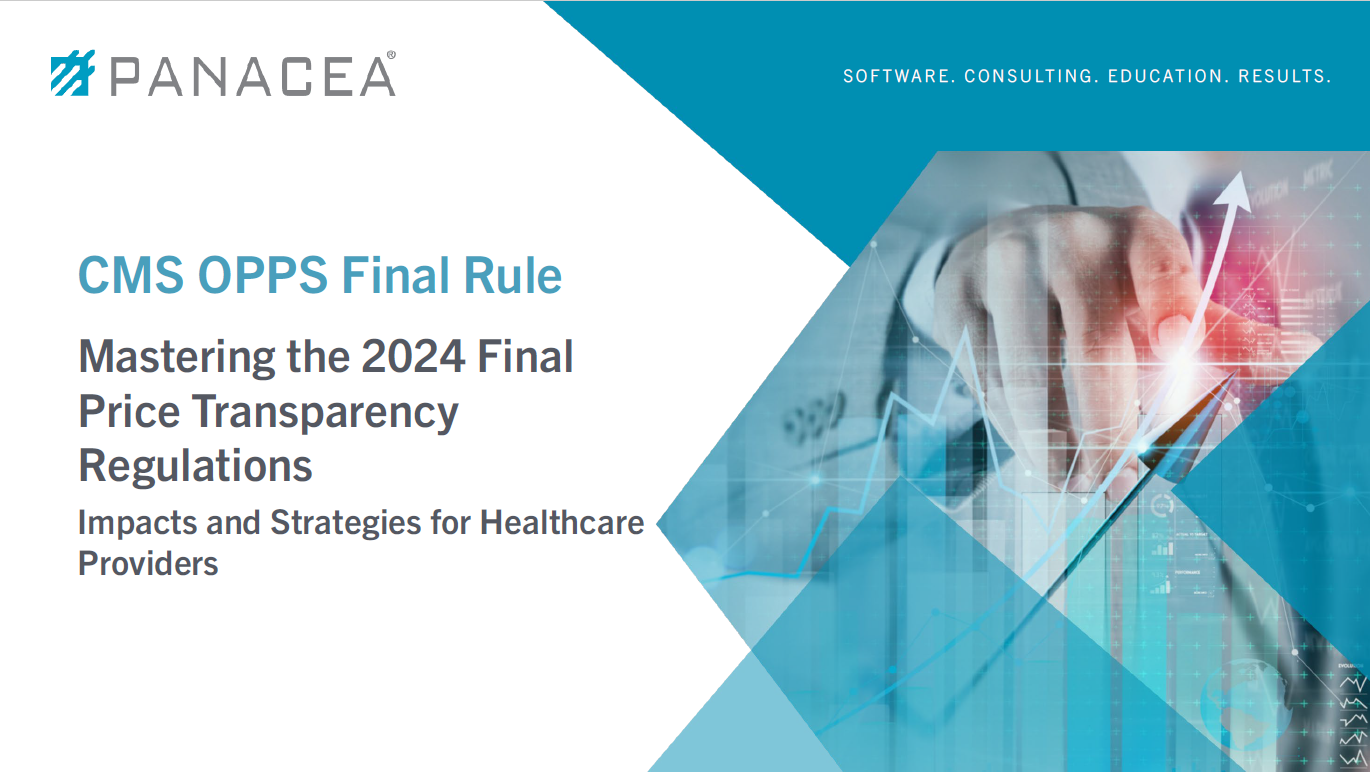
Mastering the CMS 2024 Final Transparency Rule Regulations: Impacts and Strategies for Healthcare Providers
Dates: November 16, 2023 at 11 AM CDT
Presented By: Kevin Chmura,…
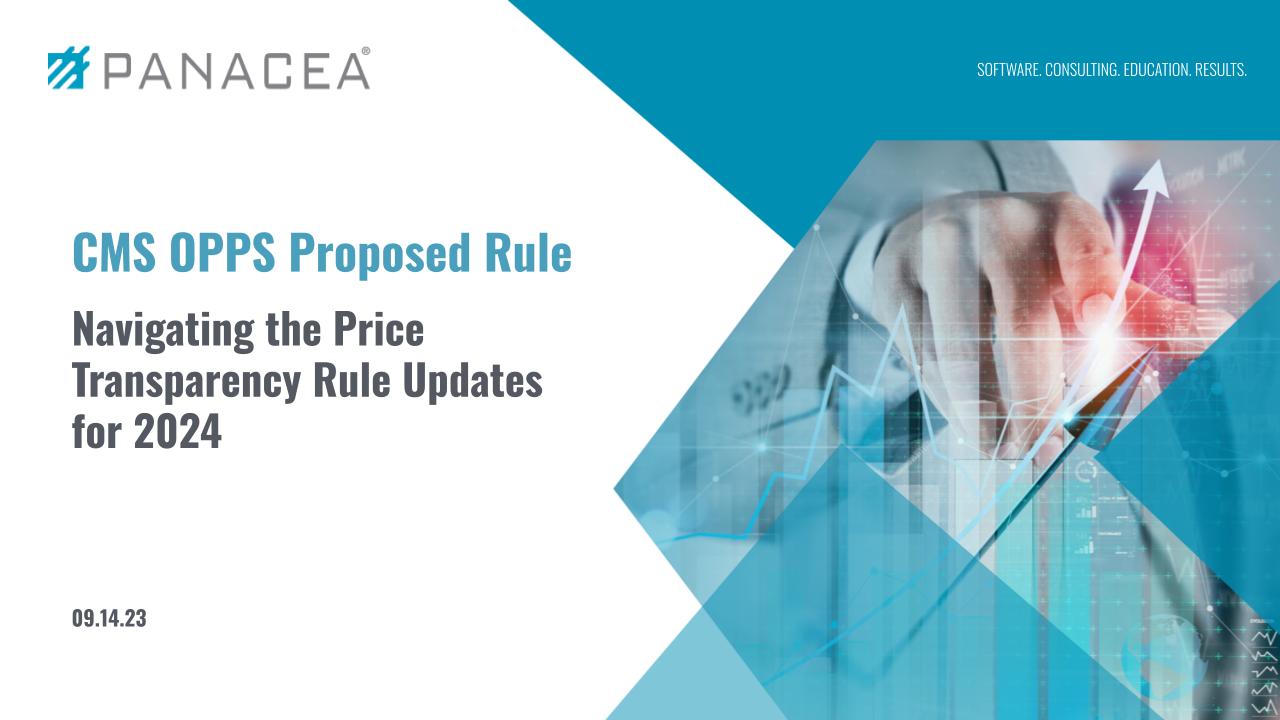
CMS OPPS Proposed Rule: Navigating the Price Transparency Rule Changes for 2024
Dates: September 14, 2023 at 11 AM CDT
Presented By: Kevin Chmura,…
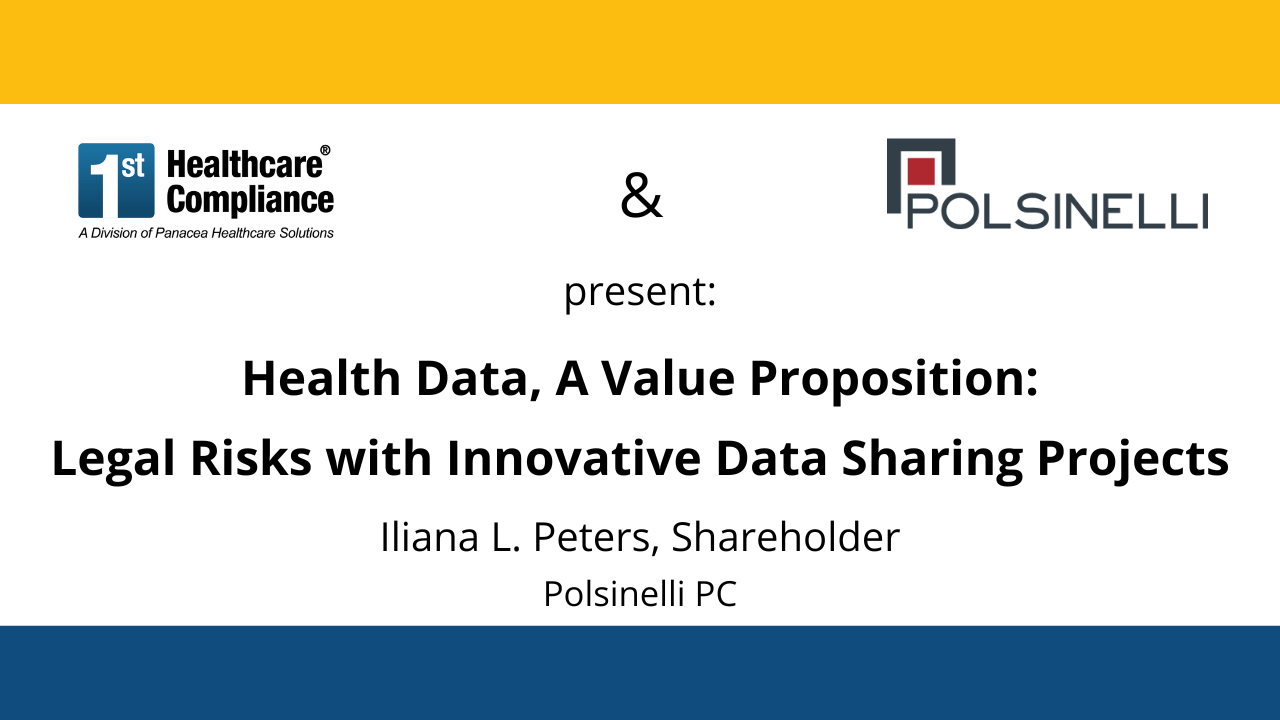 https://1sthcc.com/wp-content/uploads/2022/10/1sthcc-logo-1024x378.jpg
0
0
FHC Staff
https://1sthcc.com/wp-content/uploads/2022/10/1sthcc-logo-1024x378.jpg
FHC Staff2023-06-19 20:56:352024-04-11 14:17:31Watch On-Demand: False Claims Act “Hot Areas” – What Counsel and Compliance Officers Need to Know
https://1sthcc.com/wp-content/uploads/2022/10/1sthcc-logo-1024x378.jpg
0
0
FHC Staff
https://1sthcc.com/wp-content/uploads/2022/10/1sthcc-logo-1024x378.jpg
FHC Staff2023-06-19 20:56:352024-04-11 14:17:31Watch On-Demand: False Claims Act “Hot Areas” – What Counsel and Compliance Officers Need to Know
The Increasing Role of the Federal Trade Commission in the Poaching of PHI – A Discussion of Better Help, GoodRx & Flo
Rachel V. Rose, JD, MBA, principal with Rachel V. Rose – Attorney at Law, P.L.L.C., Houston, TX will be presenting this informative webinar. Cybersecurity risk management and the potential for enforcement actions is not diminishing. An area of increasing interest by the FTC, the United States DOJ, and Congress is third parties taking sensitive data (especially by social media and search engine giants), including protected health information, without obtaining affirmative patient/consumer consent and benefiting financially. The U. S. Department of HHS, the agency tasked with enforcing HIPAA, also plays a critical role. The purpose of this presentation is to address different federal government initiatives, recent enforcement actions and incidents, and risk mitigation.
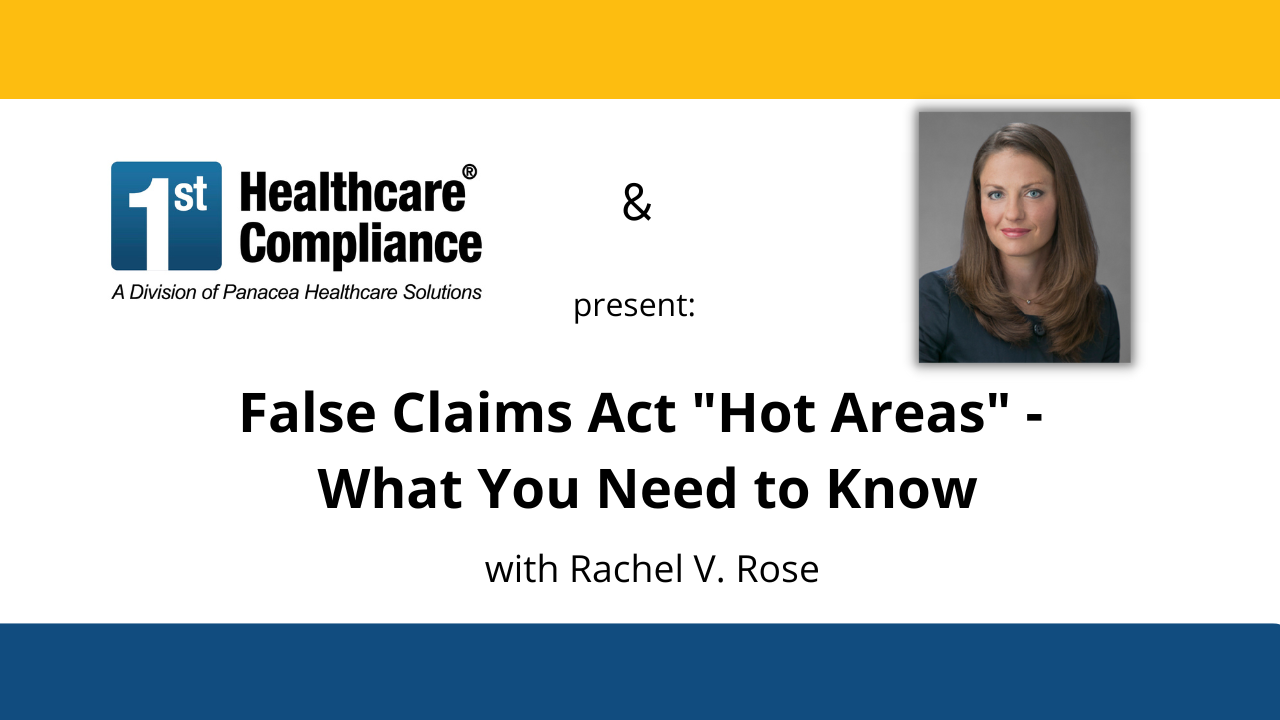
False Claims Act “Hot Areas” – What Counsel and Compliance Officers Need to Know
Expert presenter, Rachel V. Rose, JD, MBA, principal with Rachel V. Rose – Attorney at Law, P.L.L.C., Houston, TX guides us through current trends and tips. With its roots stemming back to 1863, the False Claims Act continues to be the U.S. Department of Justice's primary enforcement tool for returning money to the Federal Treasury. It is also considered one of five fundamental fraud, waste, and abuse laws, which potentially impact a provider every time a claim is submitted to Medicare, Medicaid, and other government programs because of the attestation language. The purpose of this webinar is to provide a synopsis of the False Claims Act and the current landscape in relation to coverage determinations and the federal Anti-Kickback Statute.
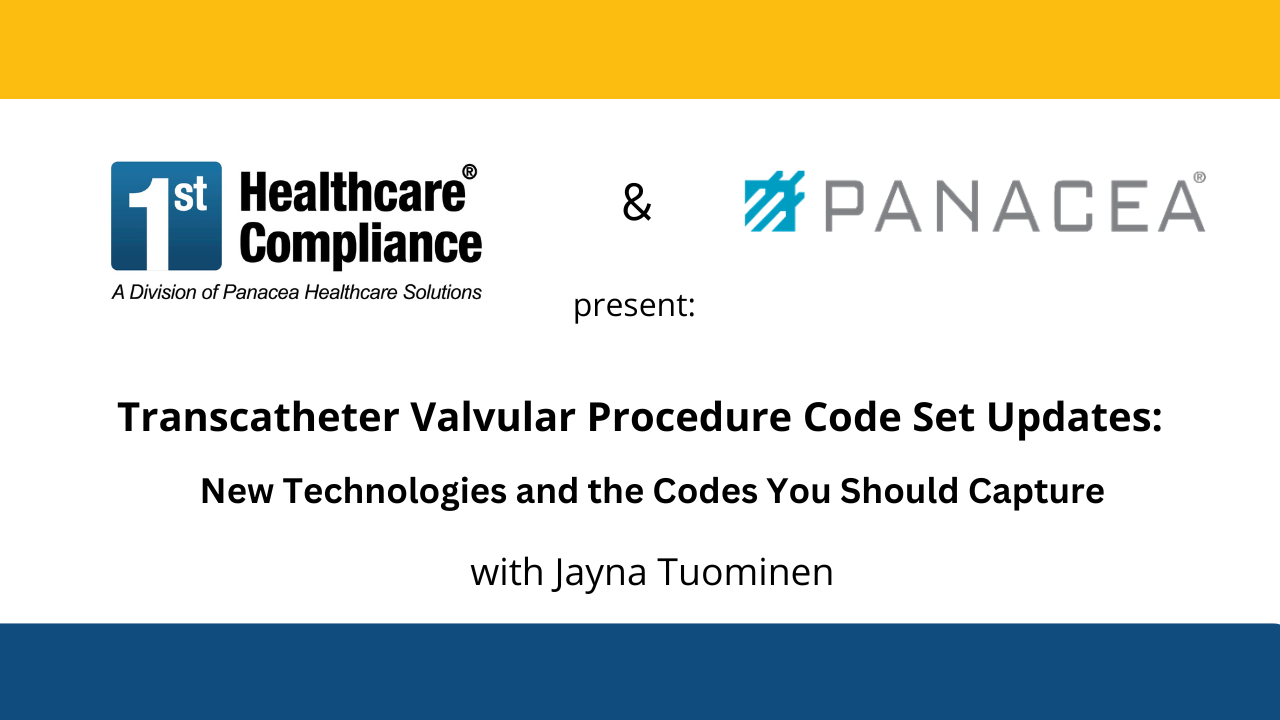
Transcatheter Valvular Procedure Code Set Updates: New Technologies and the Codes You Should Capture
The transcatheter valvular procedure code set in CPT has significantly expanded since the transcatheter aortic valve replacement (TAVR) codes were created in 2013. To keep up with the development of these novel treatment options in the subspecialty of interventional cardiology, several additions have been made to CPT to capture new procedures across all four cardiac valves in several areas of the code book. Additionally, many patients are enrolled in clinical trials as this area of medicine rapidly expands, creating the need for a nuanced understanding of coding, billing, and claim requirements beyond just the assignment of the correct CPT code.
Join Panacea Senior Healthcare Consultant Jayna Tuominen for this 60-minute webinar, where she will review the current state code set for transcatheter valvular heart interventions across all four cardiac valves and discuss how to successfully navigate clinical trial coding, billing, and claim submission for these procedures. This presentation will equip physicians, charge entry personnel, coding professionals, practice administrators, and revenue cycle staff with the information needed to perform accurate and compliant coding and claim submission.
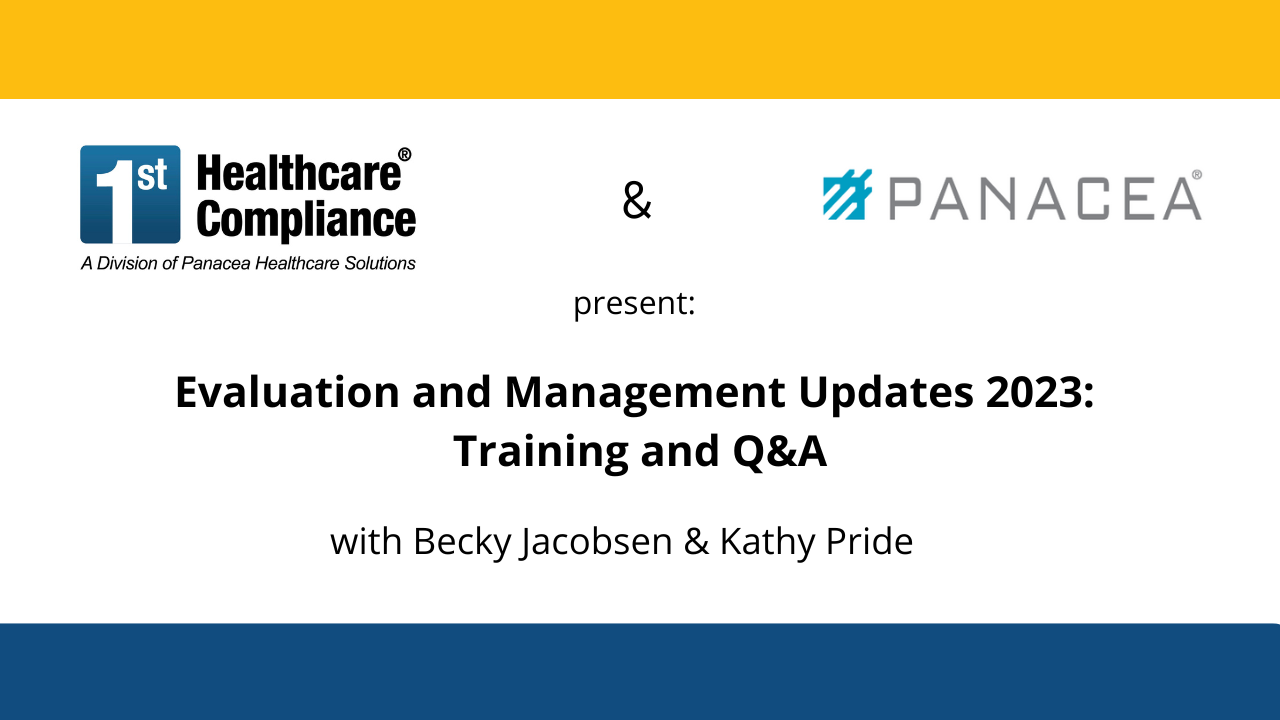
Evaluation and Management Updates 2023: Training and Q&A
Join Panacea Healthcare Solutions’ Director of Coding & Documentation Services, Becky Jacobsen, CCS-P, CPC, CPEDC, CBCS, MBS, CEMC, BSN, and Executive Vice President of Coding & Documentation, Kathy Pride, RHIT, CPC, CCS-P, for a complimentary 90-minute training where they will review the 2023 E&M documentation guidelines and requirements and provide examples on how to improve your internal documentation processes to ensure appropriate reimbursement and avoid compliance issues. A live Q&A at the end of the training will provide the opportunity to ask questions. Those who register will receive the recording along with a post-training FAQ sheet to reference as you put these new guidelines into practice.
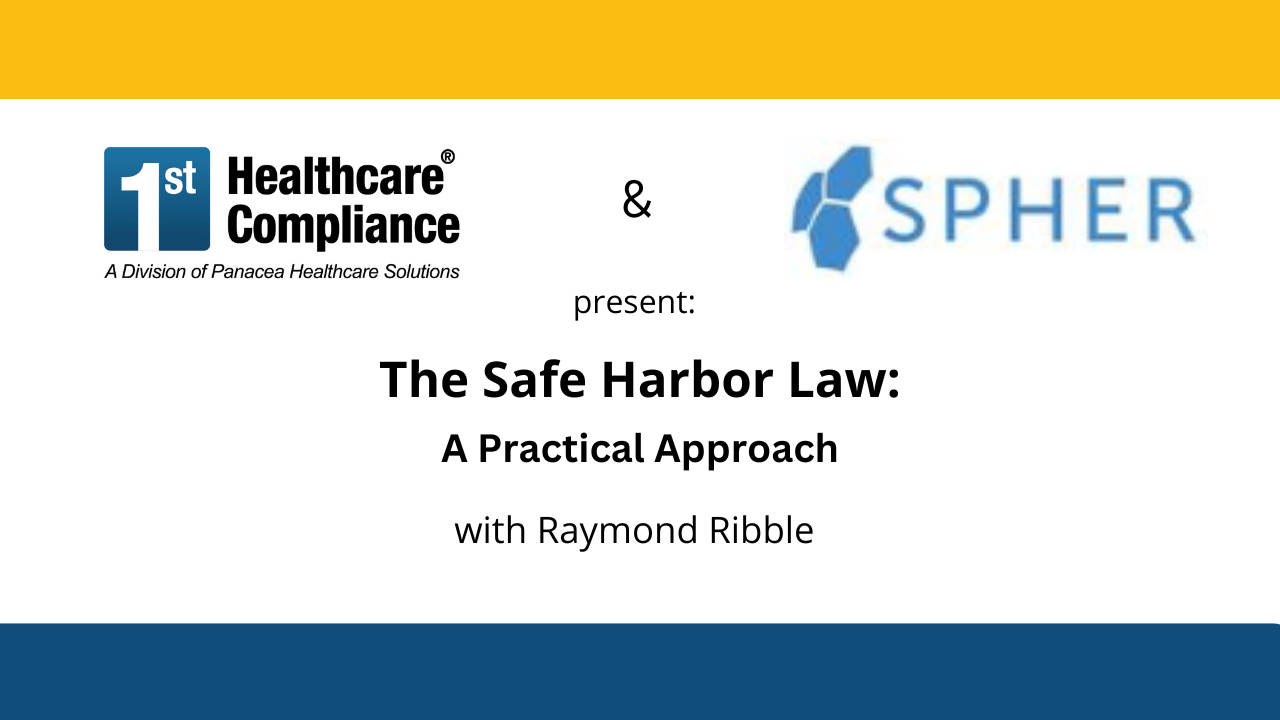
The Safe Harbor Law: A Practical Approach
Raymond Ribble is the CEO and Founder at SPHER, Inc. a market-leading compliance analytics, cyber-security solution addressing: HIPAA compliance, State Privacy Laws, and ePHI security threats and our expert presenter for this webinar. HIPAA data breach penalties typically get measured in millions of dollars even following an organization implementing NIST cybersecurity framework measures. With the new HIPAA Safe Harbor Law, HHS and OCR may consider increased penalty mitigation when an organization can demonstrate it has been following established good security practices. Our presentation will examine what are the established security practices for healthcare, and how to pivot your organization's security profile in order to mitigate breach penalties in the event of an event.
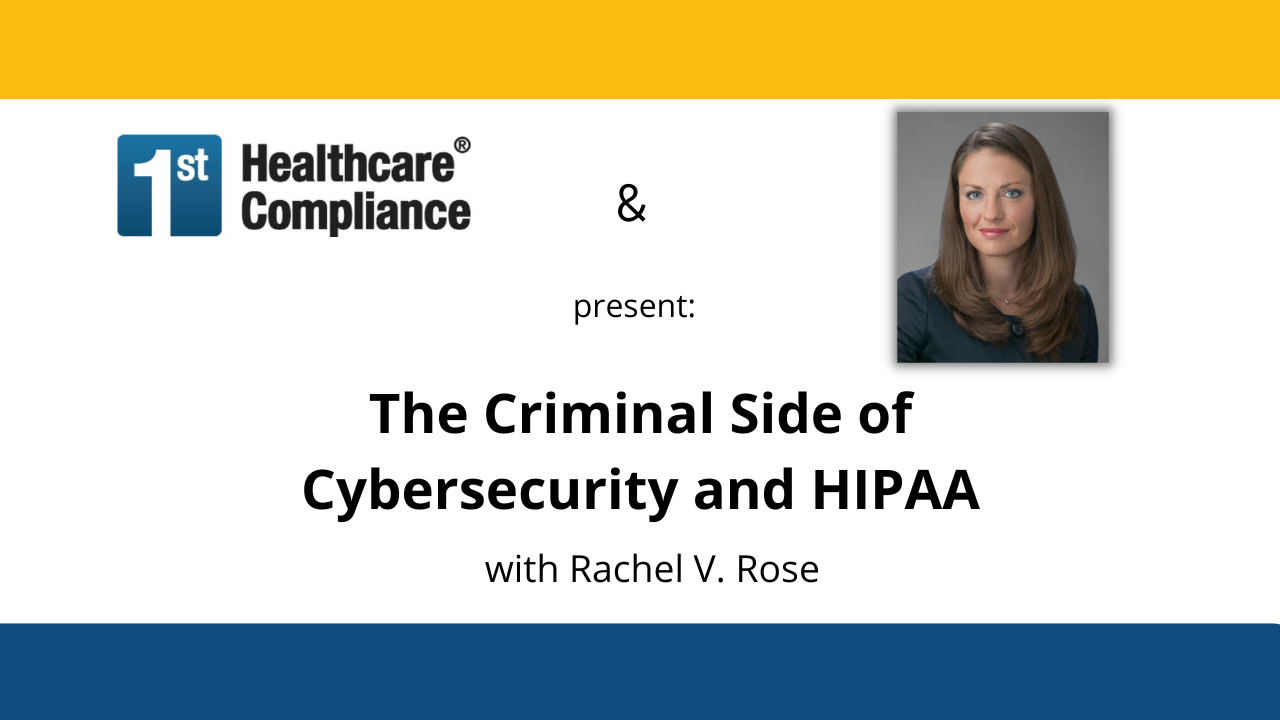
The Criminal Side of Cybersecurity and HIPAA
Expert presenter, Rachel V. Rose, JD, MBA, principal with Rachel V. Rose – Attorney at Law, P.L.L.C., Houston, TX guides us during this important and informative webinar. Breaches and the lack of the requisite technical, administrative, and physical safeguards can have criminal consequences. While most people are familiar with civil cases, there is the potential for HIPAA violations and ransomware attacks to be prosecuted criminally. The purpose of this webinar is to highlight potential areas of criminal liability, give specific examples, and address mitigation techniques - both before and after a government discovery request or grand jury subpoena emerges.

Health Data, A Value Proposition: Legal Risks with Innovative Data Sharing Projects
Iliana L. Peters, Shareholder at Polsinelli PC will be leading this engaging webinar. These days, data is more valuable than oil. And health data is the most valuable of all data! Companies of all types should consider the legal risk with data valuation, data ownership, and data sharing agreements. Data sharing projects take many forms and address many important issues, including improvements in patient safety, fraud and abuse, population health, research, and costs to the health care system.The presentation offers best practices for these important issues and projects.
